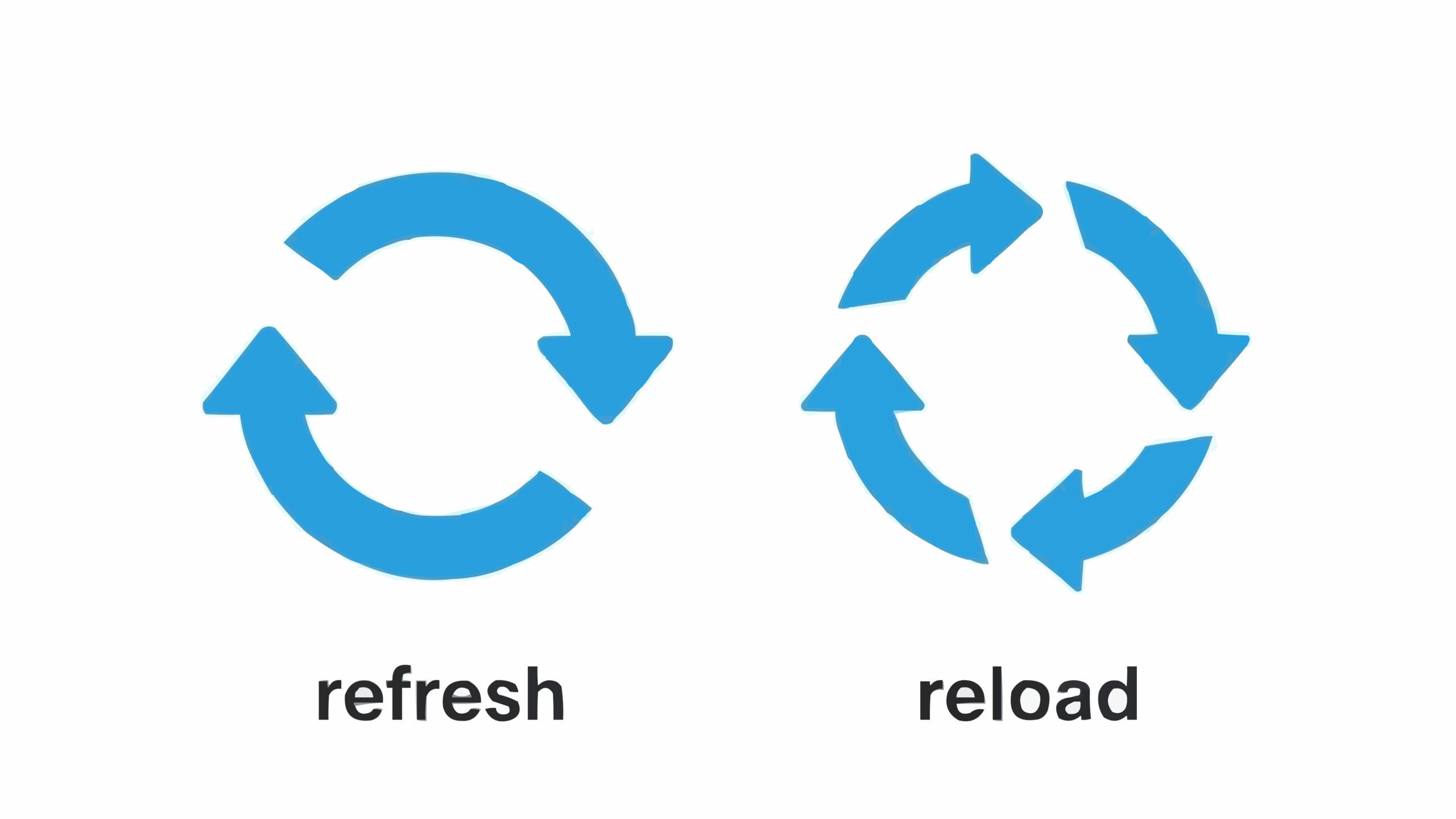Where Personal Reputation Collides With AI Summarized Search

Imagine searching your name online and finding that an AI-generated summary misrepresents your career — twisting your accomplishments into misleading claims drawn from one biased source.
That’s not science fiction. It’s the growing reality of AI-summarized search, where algorithms shape public perception faster than you can correct it.
As Google’s AI Overviews, OpenAI’s ChatGPT, and Microsoft’s Copilot become part of everyday search behavior, they don’t just summarize information — they rewrite reputations.
When these systems pull outdated, incomplete, or inaccurate data, they distort years of effort to build a credible personal and professional image online.
What Is AI-Summarized Search?
AI-summarized search describes how modern search engines generate short, conversational summaries of online content rather than simply displaying a list of links.
Tools like Google’s Search Generative Experience (SGE) analyze millions of pages, merge their findings, and deliver “instant answers” — often without requiring users to click any site.
While this improves convenience, it also changes how reputations form. If the AI selects the wrong sources or misinterprets context, that condensed summary becomes the defining narrative about a person or brand.
This shift forces professionals, executives, and entrepreneurs to rethink traditional online reputation management strategies. Visibility alone no longer suffices — accuracy and control now matter just as much.
How AI Summaries Can Misrepresent People
AI-generated summaries can simplify or distort complex careers, achievements, or histories into short, context-free blurbs.
For example, a journalist might be reduced to a “controversial writer,” or a business owner described as “facing complaints” — even when those claims were resolved years ago.
These errors arise because AI systems:
- Draw from a mix of reliable and unreliable sources.
- Favor what’s most linked or frequently mentioned, not what’s verified.
- Interpret tone and context imperfectly, which can turn neutral statements into damaging assumptions.
Studies from organizations such as the Pew Research Center and Stanford’s Human-Centered AI Institute show that over 60% of users have encountered AI-generated summaries that misstate facts or omit key details.
When that happens, personal reputation — something built over years — can be reshaped in seconds.
Why Personal Reputation Matters More Than Ever
Your personal reputation now ties closely to your digital footprint and social media presence.
Employers, clients, investors, and even personal connections rely on what search results and social media profiles say about you before making decisions.
A strong online reputation builds trust, attracts opportunities, and reinforces your expertise as a thought leader.
Conversely, a bad reputation or misleading information deters potential customers, damages credibility, and erodes confidence among peers.
Maintaining a positive online image requires more than good SEO or polished content. It demands constant monitoring, strategic response, and credible visibility across platforms — from Google search results to LinkedIn and everywhere your name appears.
The Role of Personal Brand in Reputation Management
Your personal brand tells your target audience who you are and what you stand for. It complements your personal reputation by proactively shaping how you want to be viewed online.
Developing a strong personal brand helps you control the narrative and build a positive online presence that aligns with your personal and professional goals.
How AI Bias and Inaccuracy Fuel Reputation Risk
AI tools rely on the data they train on. When biased or incomplete information circulates online, AI systems can amplify it — reinforcing stereotypes, outdated stories, or negative content that should have faded long ago.
Examples include:
- Old arrest records or false claims resurfacing in AI summaries.
- Incomplete LinkedIn profiles are summarized as career “gaps.”
- Misinterpreted reviews or blog posts shape your character or reliability.
These distortions directly influence career opportunities, partnerships, or search engine visibility — because AI-generated summaries often appear above traditional results, giving them disproportionate weight in shaping perception.
The Legal and Ethical Dilemma
When AI-generated content misrepresents someone, who holds responsibility?
Developers? Platforms? Data sources?
The legal framework hasn’t caught up.
While laws like the General Data Protection Regulation (GDPR) and California Consumer Privacy Act (CCPA) give users some rights to correct or remove inaccurate information, AI-generated content often falls into a gray area — humans do not technically publish it, yet it causes real-world harm.
That’s why experts and advocacy groups call for greater algorithmic transparency, fact verification, and mechanisms for individual recourse for people affected by AI-generated misinformation.
How to Monitor and Protect Your Online Narrative
Even as AI systems evolve, individuals can control how they appear online.
Here’s how to manage your personal reputation effectively with a strong personal reputation management strategy:
- Audit your search presence regularly.
Use monitoring tools like Google Alerts to track your name on Google, Bing, ChatGPT, and Perplexity. Check how summaries and social media posts portray you. - Create verified, high-quality positive content and promote positive content.
Publish authoritative material — interviews, articles, or posts — that clarify your expertise and accomplishments. AI tools and search engine algorithms favor consistent, verifiable content and a strong online presence. Positive reviews and new content help push down negative results on the first page of search results. - Strengthen your profiles and personal website.
Keep your LinkedIn profile, personal website, and professional bios up to date. Include an about page that clearly outlines your personal and professional goals. Structured data helps AI summarize you more accurately and improves your visibility online. - Respond to inaccuracies quickly and address negative feedback.
File removal or correction requests for misleading or defamatory content on review sites or outdated articles. Delete irrelevant content that harms your positive online reputation. Proactively handling a reputation crisis prevents long-term damage. - Work with experts and online reputation management services.
Partner with personal reputation management services that balance SEO, content creation, social media strategy, and legal support. They help correct misinformation and protect your digital presence.
Balancing Personal and Professional Life Online
Managing your personal and professional life online requires clear boundaries. Separate personal social media accounts from professional ones to control what your different audiences see. Maintaining a professional image online while sharing authentically with your personal audience builds trust and credibility.
The Future of AI and Personal Reputation
AI-driven search isn’t going away — it’s expanding. Within a few years, users may rely almost entirely on summarized answers rather than lists of links. That means how AI sees you will matter as much as how humans do.
To stay ahead, individuals and brands must treat AI reputation management as an ongoing discipline — one that combines technical expertise with ethical awareness and storytelling precision.
Those who adapt early will define their narrative before the algorithms do, securing a positive reputation that builds trust and opens the door to more opportunities in both personal and professional life.


